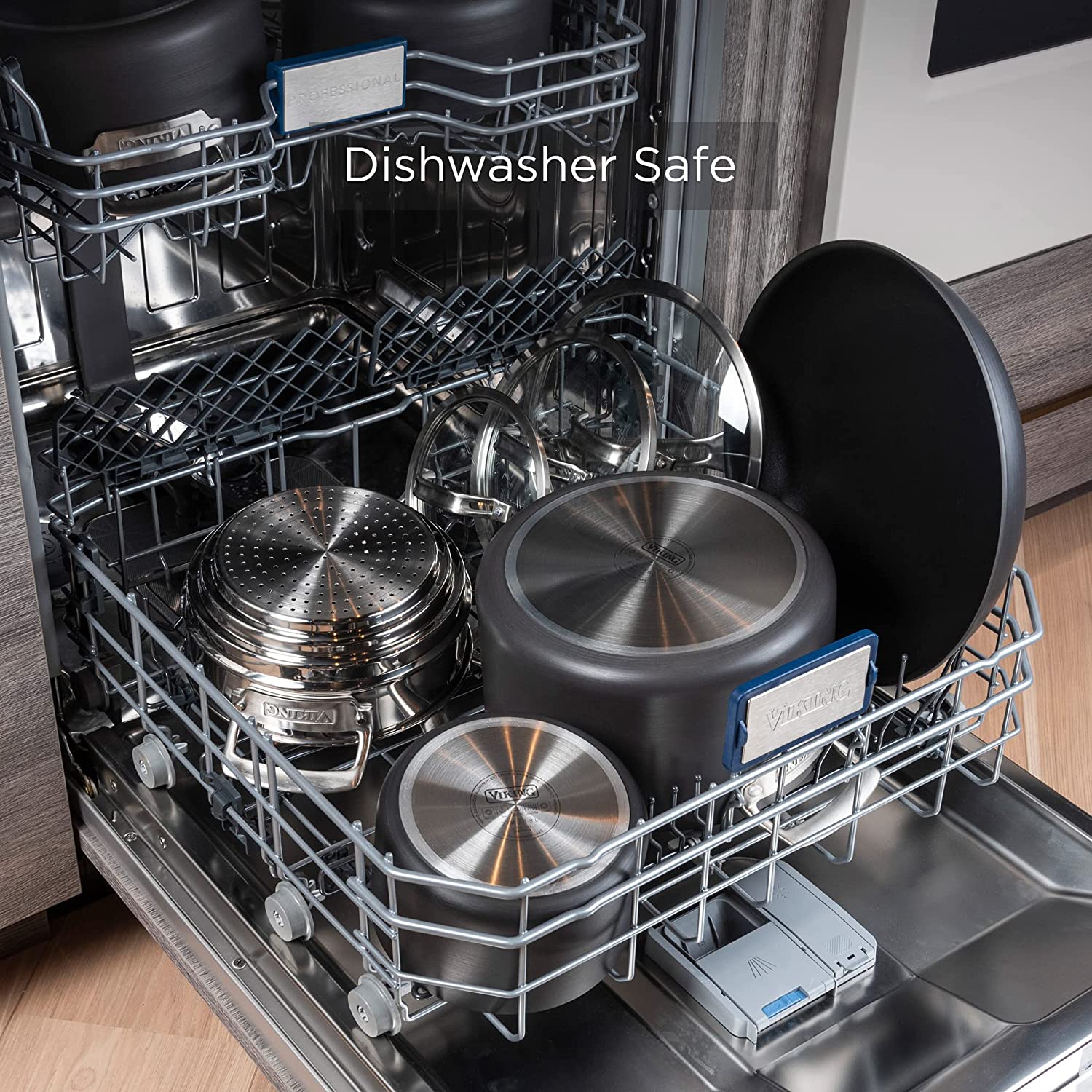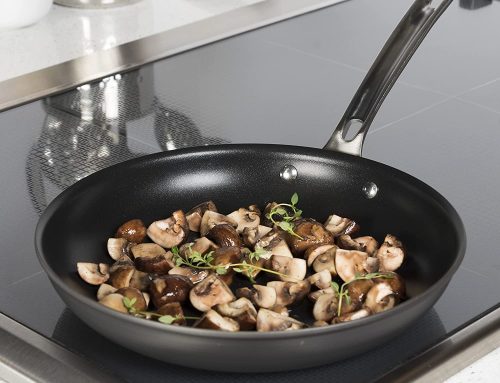It is beyond doubt that it is better to use modern dishwashers than to wash appliances by hand. But it is important not to make mistakes to save energy, and money and also to protect the environment.
Is it more efficient to wash dishes by hand or in the dishwasher? Although many will never give up their defense of manual work, the truth is that studies indicate that the dishwasher saves water and detergent, And it is very comfortable. But the issue is not resolved by pressing the power button, it is also important to use the dishwasher well.
56% of American households have a dishwasher, but they do not take full advantage of it or it is not used properly. Below we explain how to use this appliance correctly.

Mistakes we make with the dishwasher
Run the dishwasher only half loader
The same applies to dishwashers as to washing machines, turn them on only when they are full. Running machines at half capacity is a waste of energy, water, and detergent. Everything costs money.
Using the wrong detergent
Conventional dishwasher detergents or dishwasher tablets may contain substances of concern. Fortunately, the most problematic phosphates have hardly been used since 2017 after an EU directive was changed.
However, potentially harmful synthetic preservatives, fragrances, and dyes can still be found in conventional dishwashing detergents. Hence, it is a good idea to buy organic products and, if possible, in bulk to eliminate unnecessary packaging and wrapping.
Read another article about How to choose a good dishwasher for your home
How to make homemade dish soap?
Keep in mind that it is not always the detergent that is to blame for the dishes not being completely clean. The Modern dishwashers itself has to be clean to fulfill their function. The accumulated dirt can be responsible for the dishes leaving you with remains and stains. To avoid this, you must carry out the maintenance measures indicated in the instruction manual.
Loading the dishwasher incorrectly
Do your dishes not clean properly in the machine? Rinsing them by hand after taking them out of the dishwasher uses twice as much energy, water, and detergent. You can prevent this by loading the dishwasher correctly. Here are some tips:
- You must remove stubborn dirt beforehand. You can pass a kitchen paper to remove the solid remains of the dishes before putting them in the dishwasher. You don’t need to rinse them.
- It is better to place glasses, cups, bowls, and bowls on top, as they are usually lightly soiled.
- The largest and dirtiest items should go in the lower tray.
- Always place heavily soiled dishes so that the dirt is directed toward the spray arms.
- Make sure the spray arms can always rotate freely.
- Don’t put cutlery too close together. They will only be perfectly cleaned when water can reach them from all sides.
- If your dishwasher has a cutlery basket, remember that only the tips of the knives should always point downwards. By the way, sharp knives should not go in the dishwasher!
- If you place the dishes too close together, the water won’t get everywhere and the dishes won’t clean properly.

Use the prewash
Do not pre-wash normally soiled dishes by hand before placing them in the machine. This wastes energy and water and is hardly ever needed. Modern dishwashers can handle most of the mess themselves. As a rule, it is sufficient to remove food residues or heavy dirt.
The exception would be spinach and other vegetables such as Swiss chard. If you don’t remove them before putting them in the dishwasher, the remains can spread to other dishes and then be difficult to remove.
Soak heavily soiled parts for a few minutes in water before putting them in the machine. This remedy is better than rubbing them under running water.
Wash the wrong plastic dishes
It sounds trivial, but it is important, you should only wash suitable dishes and cutlery in the dishwasher. Be especially careful with plastic plates and containers. Items that cannot be washed in the dishwasher can release harmful contaminants under hot water. That’s why single-use plastic containers should never go in the dishwasher.
Do not use the eco program
It often takes longer, but the dishwasher’s cco program saves as much energy and water as possible. With shorter programs, the machines often have to heat the water to high temperatures quickly and therefore consume much more electricity. It often takes longer, but the dishwasher’s cco program saves as much energy and water as possible. With shorter programs, the machines often have to heat the water to high temperatures quickly and therefore consume much more electricity.
It’s only better to set a higher temperature for heavily soiled dishes. It also makes sense to run a program at a high temperature once a month to avoid deposits in the machine.
Placing the dishwasher in the wrong place
If possible, make sure you never place the dishwasher next to the refrigerator. The dishwasher gives off a lot of heat when it is running and the refrigerator will need more energy to keep the temperature down. The same applies to the oven, which shouldn’t be right next to the fridge either.

Buy one that consumes a lot of energy
If you buy a new dishwasher, make sure it’s as energy-efficient as possible. In this way, you will save electricity and, therefore, also money. To find out exactly how much electricity and water the machine needs before you buy it. The energy efficiency label is a good guide: the most recommended is A++. The purchase may be more expensive, but in the long run, it is profitable.









Leave A Comment